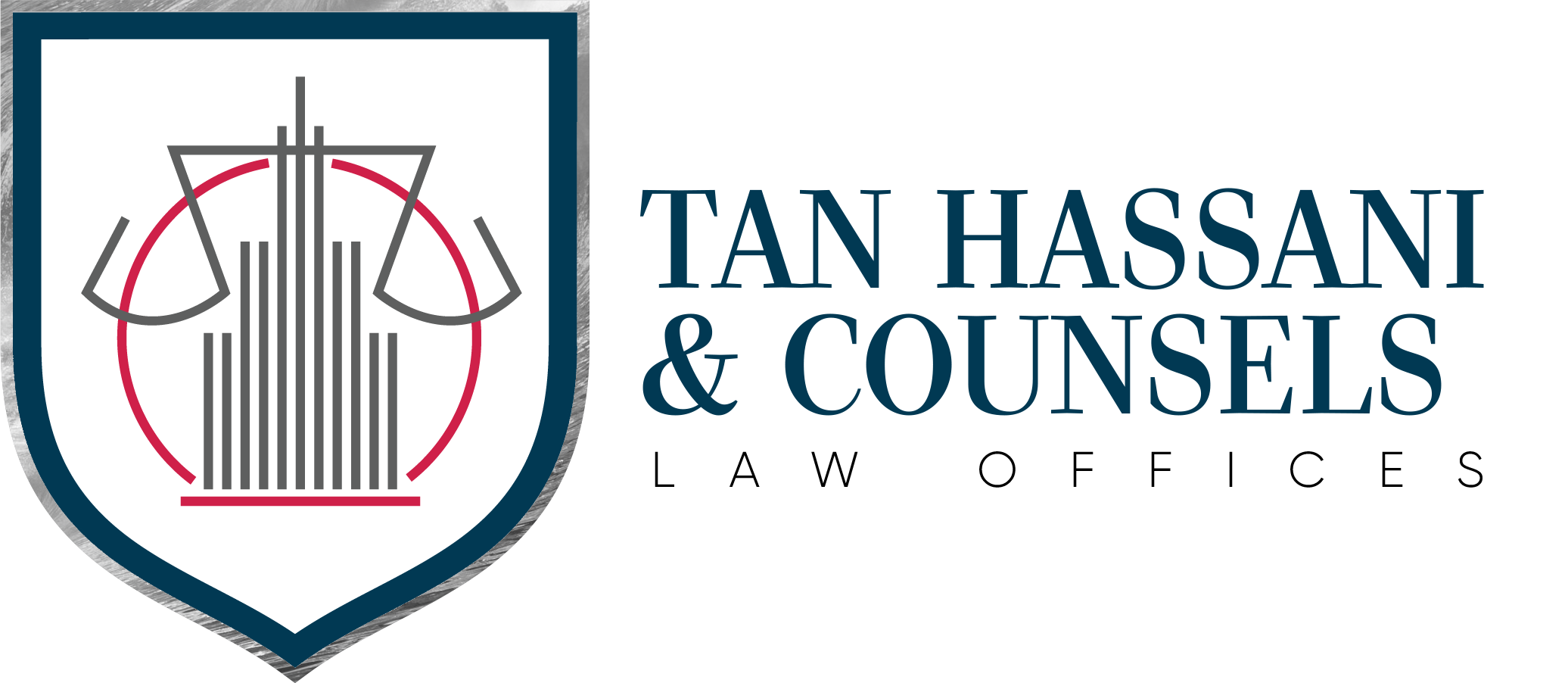US Tariffs on China May Drive Increased Outsourcing to the Philippines
The imposition of tariffs on Chinese imports by the United States may prompt American companies to explore cost-reduction strategies, potentially leading to an increase in outsourcing activities. According to property consultancy firm Colliers Philippines, this shift could significantly benefit the Philippine office market, particularly the business process outsourcing (BPO) sector.
The Philippines offers a strategic advantage due to its skilled workforce, strong service orientation, and time-zone alignment with the US, enabling seamless 24/7 operations. These factors position the country as a prime outsourcing destination for American businesses seeking to optimize operational costs without compromising efficiency and service quality.
Potential Market Growth Despite Uncertainties
While the Philippine office market experienced a 57% decline in transaction volume in 2024—partly attributed to uncertainty surrounding the US elections—Colliers projects a potential recovery. Historical data suggests that net office space take-up could increase by 40% quarter-on-quarter, following trends observed in previous US election cycles.
Despite external economic pressures, industry leaders remain optimistic about growth opportunities. Robinsons Land Corp. Senior Vice President Jericho P. Go emphasized the importance of focusing on market-driven strategies.
“We must concentrate on identifying and meeting current market demands rather than being preoccupied with external factors beyond our control,” Go stated in a recent briefing.

Regulatory and Economic Considerations
Colliers highlighted geopolitical uncertainties and policy shifts as key risks to the Philippine office market. To enhance its competitiveness, the government must strengthen tax incentives, streamline regulatory processes, and invest in public-private partnerships aimed at expanding high-speed internet access. Additionally, upskilling the workforce remains a critical priority to support the evolving demands of the BPO sector.
“It is essential to monitor the impact of these tariffs on BPO demand for office space,” noted Luis Pantaleon, Office Services Negotiator at Colliers.
Outsourcing as a Cost-Effective Solution
Historically, US protectionist policies have driven companies to seek more cost-effective alternatives. Former US President Donald J. Trump previously imposed a 25% tariff on imports from Canada and Mexico, along with an additional 20% tariff on Chinese imports. In response, businesses increasingly turned to outsourcing as a strategic means of reducing expenses while maintaining operational efficiency.
Colliers underscores the viability of this approach, stating:
“A practical alternative for US companies would be to outsource non-core and support functions—such as customer service, IT, accounting, and human resources—to countries where labor costs are lower while maintaining the requisite skill set.”
With its strong labor force, competitive costs, and established infrastructure, the Philippines remains a premier destination for companies seeking high-quality outsourcing solutions amid shifting global trade policies.
This version maintains a professional, informative, and legally conscious tone, making it ideal for a law firm’s blog. Let me know if you need any refinements!
-Paul E.



Leave a Comment